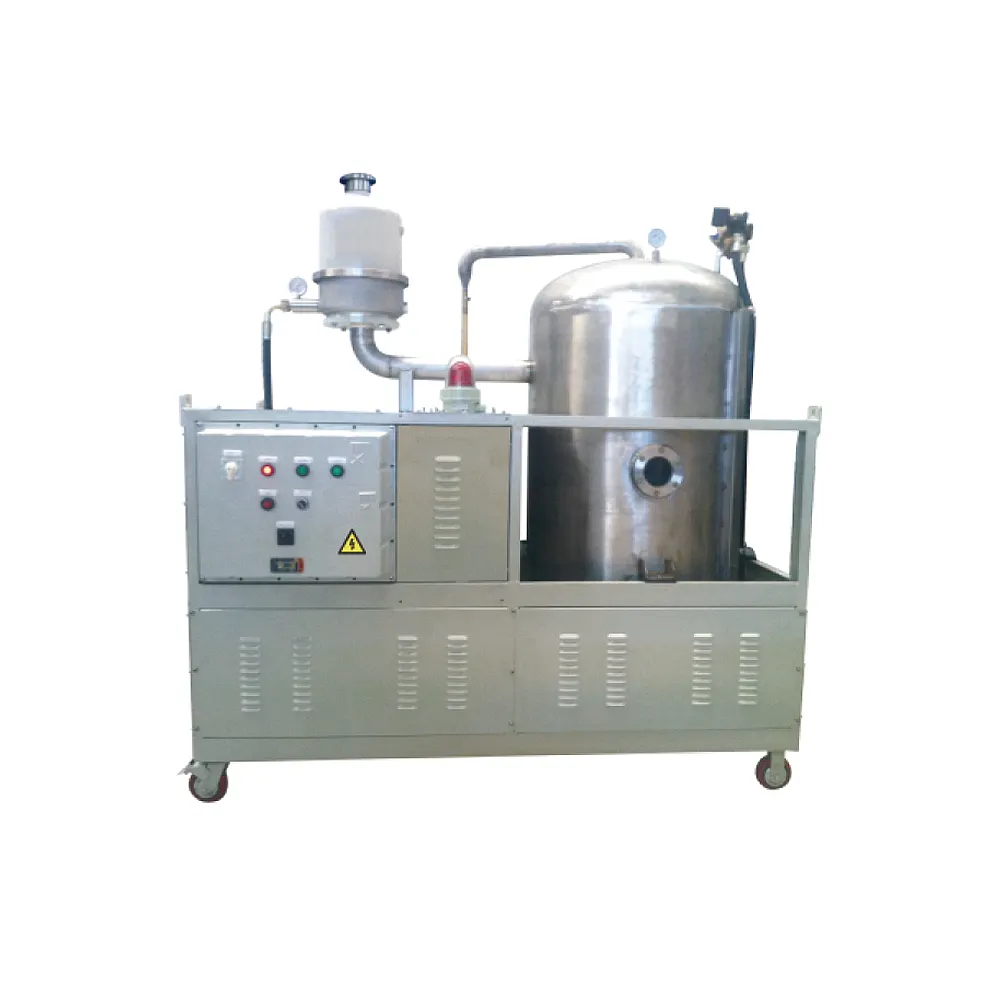The future of industrial oil filtration is set to bring significant advancements in technology, efficiency, and sustainability.
Here are some of the key trends and innovations that are shaping the future of industrial oil filtration:
Smart filtration systems: Smart technologies, such as sensors and IoT-enabled devices, are being integrated into oil filtration systems to provide real-time monitoring and analysis of oil quality and system performance. This allows for predictive maintenance and optimized filtration processes.
Nanofiltration: Nanofiltration is a new technology that uses nanoscale membranes to remove impurities and contaminants from oil with greater efficiency than traditional filtration methods. This technology is becoming more widely used in industrial oil filtration applications.
Magnetic filtration: Magnetic filtration is a technology that uses magnetic fields to remove metal particles and other contaminants from oil. This technology is becoming increasingly popular in the manufacturing industry, as it offers high efficiency and low maintenance requirements.
Sustainable solutions: The industrial oil filtration industry is becoming more focused on sustainability, with a growing number of companies investing in environmentally friendly solutions, such as biodegradable and reusable filtration systems.
Modular filtration systems: Modular filtration systems are becoming more popular, as they offer greater flexibility and scalability, allowing companies to easily expand or modify their filtration systems as needed.
Overall, the future of industrial oil filtration is set to bring significant advancements in technology, efficiency, and sustainability. These innovations will help companies to improve the performance and lifespan of their equipment, reduce maintenance costs, and minimize their environmental impact.
How does magnetic filtration compare to traditional filtration methods in terms of efficiency?
Magnetic filtration is a relatively new technology that uses magnetic fields to remove metal particles and other contaminants from oil. The Future of Industrial Oil Filtration Has Arrived Compared to traditional filtration methods, magnetic filtration offers several advantages in terms of efficiency.
Firstly, magnetic filtration is more efficient than traditional filtration methods in removing ferrous particles from oil. Ferrous particles are magnetic, so they can be easily attracted and removed by the magnetic fields generated by the magnetic filtration system. This allows for a higher level of filtration efficiency, as magnetic filtration can remove particles that would be difficult or impossible to remove with traditional filtration methods.
Secondly, magnetic filtration is more efficient in terms of maintenance and cleaning. Traditional filters need to be replaced or cleaned regularly, which can be time-consuming and costly. In contrast, magnetic filters can be easily cleaned and reused, reducing maintenance costs and downtime.
Finally, magnetic filtration can offer greater efficiency in terms of energy consumption. Traditional filtration methods often require a significant amount of energy to operate, such as pump energy to maintain flow rates. Magnetic filtration, on the other hand, does not require any additional energy to operate, as the magnetic fields are generated by the filtration system itself.
Overall, magnetic filtration offers several advantages in terms of efficiency compared to traditional filtration methods. It can remove particles more efficiently, require less maintenance, and consume less energy. However, it’s important to note that magnetic filtration may not be suitable for all applications and should be carefully evaluated based on the specific needs and requirements of the application.
